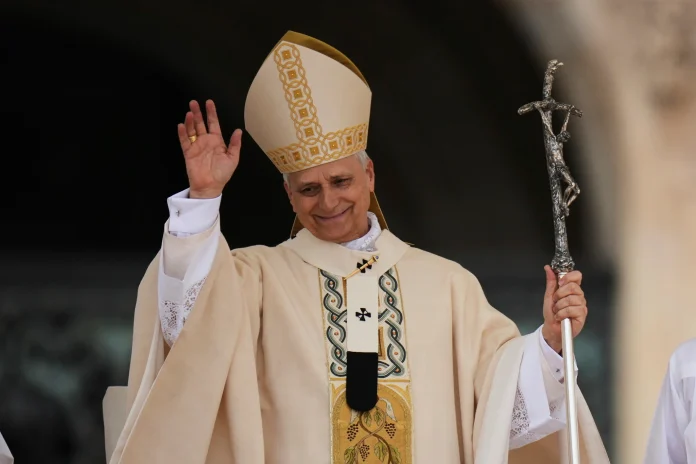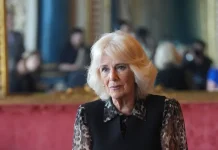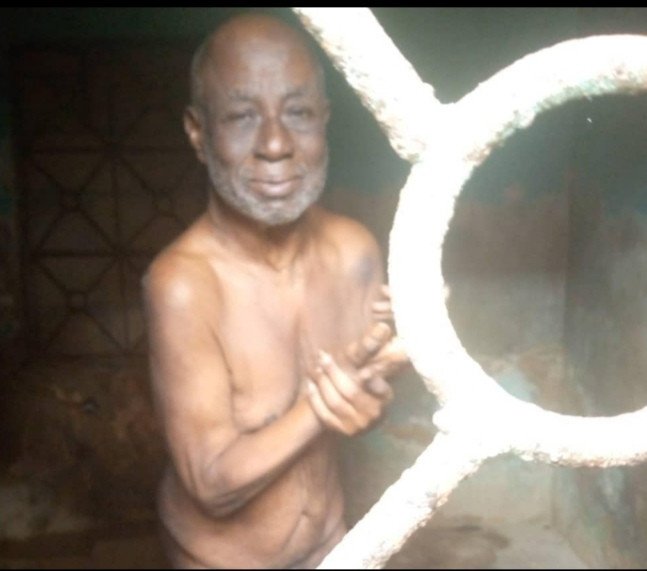Pope Leo XIV has issued a powerful call for a cultural transformation within the Catholic Church—one that categorically rejects all forms of abuse. In his first public statement on the issue since his election on May 8, the pope also praised Peruvian investigative journalist Paola Ugaz for her fearless reporting on a now-dissolved Catholic organization mired in scandal.
“It is urgent to instill throughout the Church a culture of prevention that tolerates no form of abuse—not of power, not of authority, not of conscience, not of spirituality, and not of a sexual nature,” Pope Leo wrote. “Such a culture will only be genuine if it is grounded in active vigilance, transparent procedures, and deep listening to those who have been harmed.”
The pope’s remarks came in a message read publicly on June 20 during a performance of Proyecto Ugaz in Lima, a play chronicling Ugaz’s years-long investigation into the Sodalitium Christianae Vitae (SCV), a powerful lay Catholic organization once closely connected to Peru’s elite. The reading was delivered by Vatican investigator Monsignor Jordi Bertomeu, with Ugaz present on stage.
Pope Leo commended Ugaz and fellow journalists for their courage, integrity, and commitment to truth—particularly in the face of sustained legal harassment and death threats. “Journalism plays an essential role in shaping a Church where no one suffers in silence,” he said. “The truth should never be seen as a threat, but as a path to liberation.”
Leo’s strong support for journalists signals a significant tonal shift, contrasting with past moments when Church officials criticized media scrutiny of abuse cases. Instead, Leo described investigative journalism as a “sacred mission,” calling journalists “bridges between the facts and the conscience of the people.”
Having previously served as a missionary and bishop in Peru, Pope Leo is deeply familiar with the SCV’s history. His involvement, according to survivors, was critical in advancing investigations and ultimately dissolving the organization.
He urged the Church to walk “a concrete path of humility, truth, and reparation,” reinforcing Pope Francis’s 2018 commitment to safeguarding minors and vulnerable adults. But Leo went further—stating that addressing abuse must go beyond policy reform to reflect deep-rooted internal change.
The pope also addressed broader concerns around press freedom in Latin America, particularly in Peru, where journalists have faced escalating intimidation since the ousting of President Pedro Castillo in 2022.
“In this time of profound institutional and social tensions, defending free and ethical journalism is not only an act of justice—it is a civic duty,” Leo stated. “Wherever a journalist is silenced, the democratic soul of a nation is wounded.”
Shortly after his election, Pope Leo met with members of the press at the Vatican, where he reaffirmed his commitment to press freedom and called for the release of imprisoned journalists. Ugaz, who attended the meeting, greeted him with a smile, presenting him with a box of chocolates and a traditional Peruvian scarf.
Reflecting on that moment, Pope Leo reiterated that journalism remains vital to accountability, transparency, and social healing within both Church and society.












